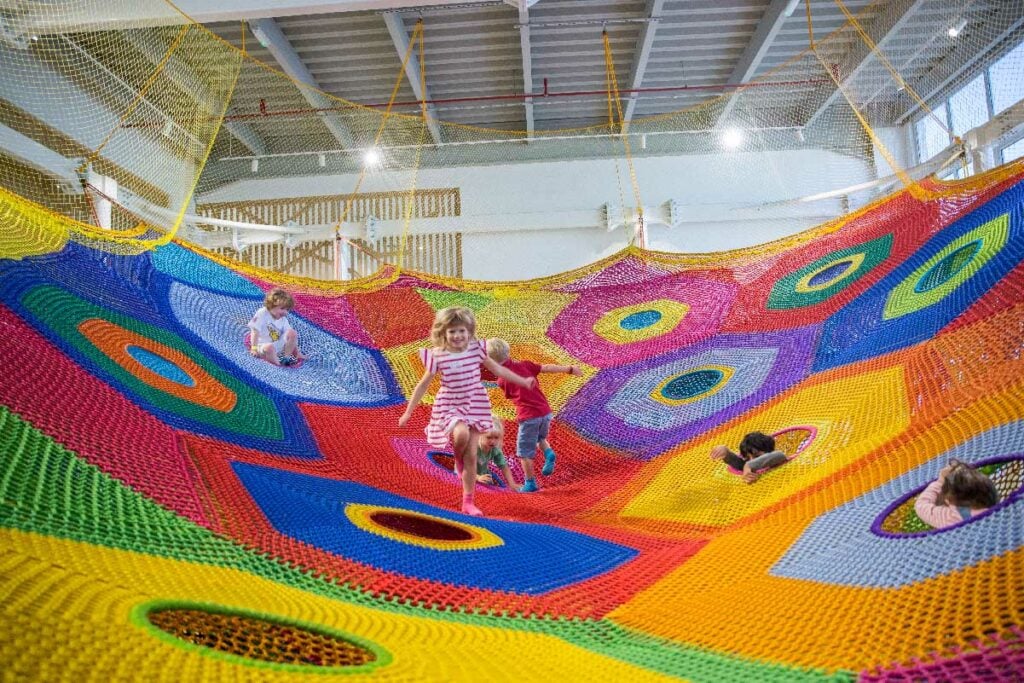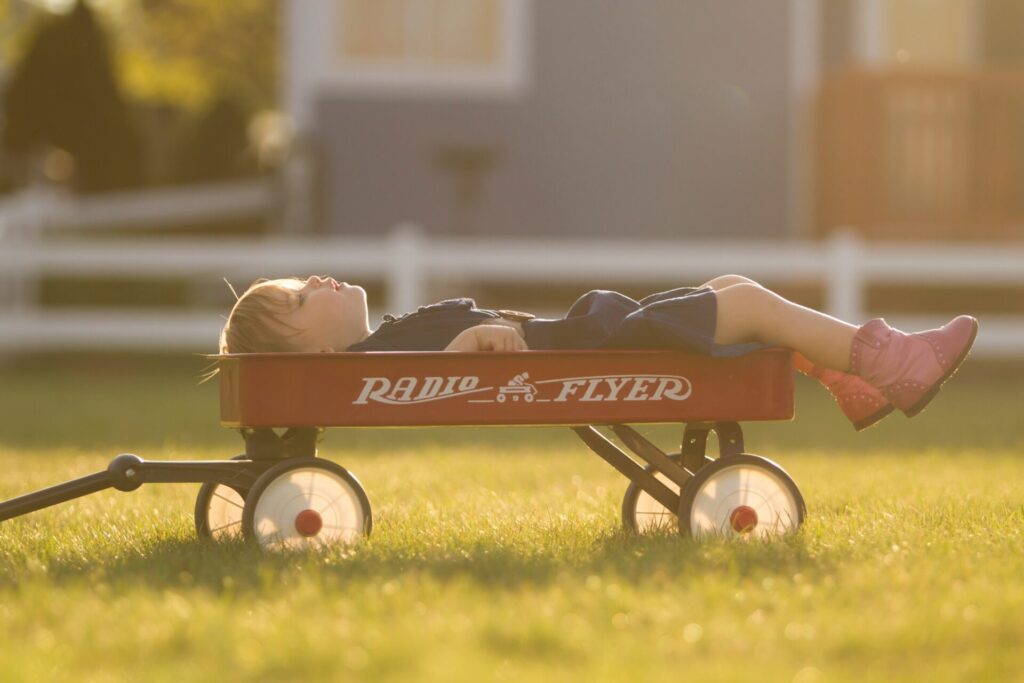Watching your children start to form friendships is as exciting – and terrifying – as seeing them taking their first steps.
Maybe it starts in the local playground as your little one stumbles across a climbing frame or in nursery when they run to high five or cuddle their very first best friend.
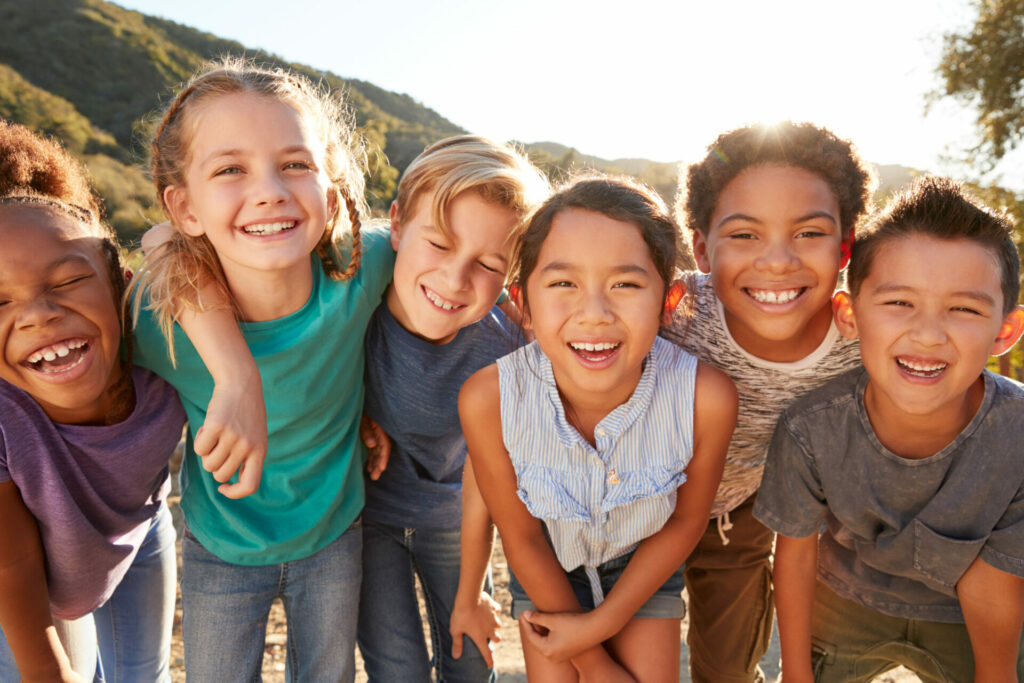
Or it could have been even earlier when you saw your baby giggling and kicking their legs with joy when they spotted their best friend at mother and baby classes – babies as young as six months can begin to form bonds with other children, according to experts.
Best Friend Trouble
Every parent wants to see their kids playing with others, having fun and being surrounded by friends. Research shows that children with close friendships have higher feelings of self-worth in adulthood. Who doesn’t love hearing your little one or teenager saying: ‘She’s my very best friend.’
Sooner or later, you’ll encounter a friend of your child’s you just don’t like. Maybe they’re a little too rough, boisterous, or don’t say please or thank you. Perhaps they’re rude or even a bully?
But what happens if you’re not sure about a certain bond that has been created? Sooner or later, it’s likely you’ll encounter a friend – or best friend – of your child’s that you just don’t like. Maybe they’re a little too rough, boisterous, or don’t say please or thank you. Worse, perhaps they’re rude or even a bully?
You could find your child getting upset in their presence or trying too hard to be liked by them. And as they grow, and gain more and more friends, you’ll encounter more potential problems that could make you want to tell your child: ‘I don’t want you being friends with them. They’re a bad influence on you.’
Creating A Rift
But try to resist that urge says leading holistic child psychologist, Dr Nicole Beurkens. ‘It’s not appropriate to say negative things about the friend, or their family, that has the potential to create a rift between them and your child and is likely to create more difficulties as it gets back to the friend and their parents,’ she explains.
Imagine how much it would hurt if your child said to you: ‘Jamie said her mom doesn’t want me to spend time at their house anymore.’ This can cause hurt and puts children in a difficult position with no advice or support on how to navigate the situation.
‘Parents need to be very aware of the line between their feelings and their child’s feelings,’ advises Beurkens. ‘It’s easy to assume or expect that the child should feel the same. But parents and kids often have different thoughts and feelings, and that’s healthy and appropriate.’
It’s important to challenge yourself to understand where your feelings are coming from. Maybe they’re rooted in a personal experience, something that happened between you and a friend growing up? Is your child’s friend from a different background or culture, and you feel a lack of connection? ‘Often the resolution has nothing to do with the child or the friend, and more to do with the parent becoming aware of their own issues and working through those,’ says Beurkens.
Emotional Crossroads
But, understandably, parents feel at a crossroads. You might question your reaction, wonder if you’re being over-dramatic or perhaps not interfering enough. While you always have your child’s best interests at heart, ultimately this could be your problem, and not your child’s.
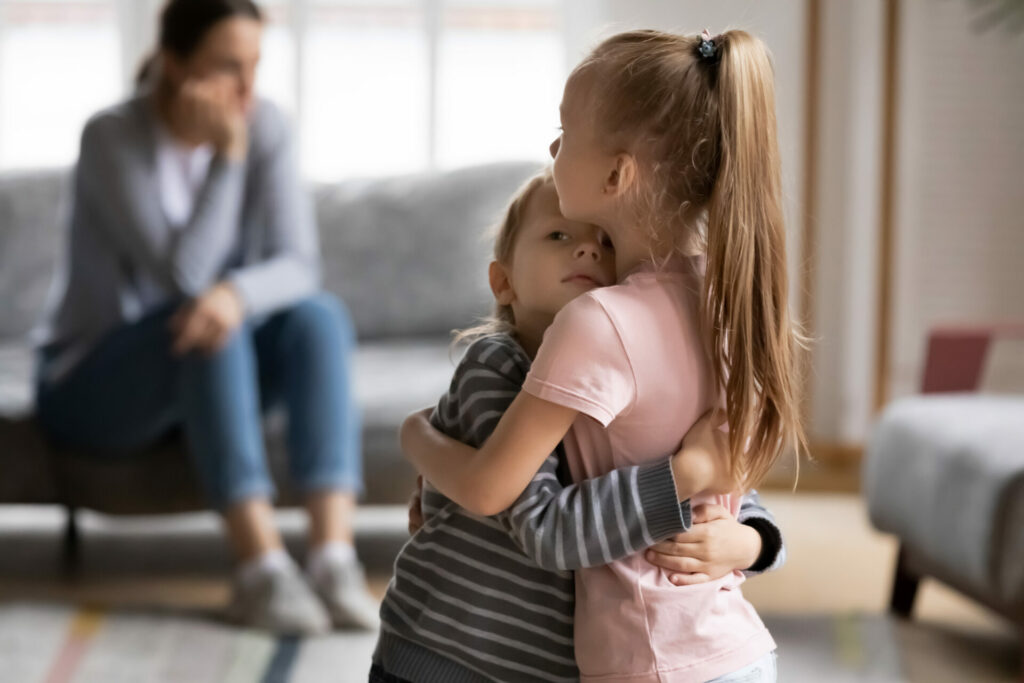
In many cases, the problem or incident is seen as far worse by parents than it does for the kids. While children of all ages often come home upset because of something that happened at school that day, feeling like the world is ending; the reality is, it’s not. An hour later, they’ve moved on.
Callie, 43, is a Dubai-based mother of two. She recalls her six-year-old asking to leave a party where she promptly burst into tears claiming her best friend had been mean to her. ‘I agonised about this all night,’ says Callie. ‘I felt like calling the child’s mother, and tried to get the exact details out of my daughter. But the next morning at school, the two girls laughed when they saw each other and went into class holding hands!’
‘Parents need to be aware of the line between their feelings and their child’s feelings. It’s easy to assume or expect that the child should feel the same. But parents and kids often have different feelings, and that’s healthy and appropriate.’
As parents, we are keen to solve any dispute for our child to make them happy. But we are then in danger of escalating and complicating a problem that will likely be forgotten before they even see each other again. If we’re forever fighting our children’s battles, we will hinder their personal growth.
‘You’re teaching the child that you will always solve their problems in life, and that is a disaster, and yet we’re doing more of that than ever before,” says Michael Bradley, an adolescent psychologist and author of When Things Get Crazy with Your Teen.
It’s also hard for parents to be impartial and see the situation clearly when their own kids are involved. ‘This doesn’t mean we are oblivious to their faults,’ says Aisha, a Dubai-based mother of pre-schooler twins. ‘Or their ability to make mistakes from time to time. But our instinct is to protect, so we jump into defensive mode.’
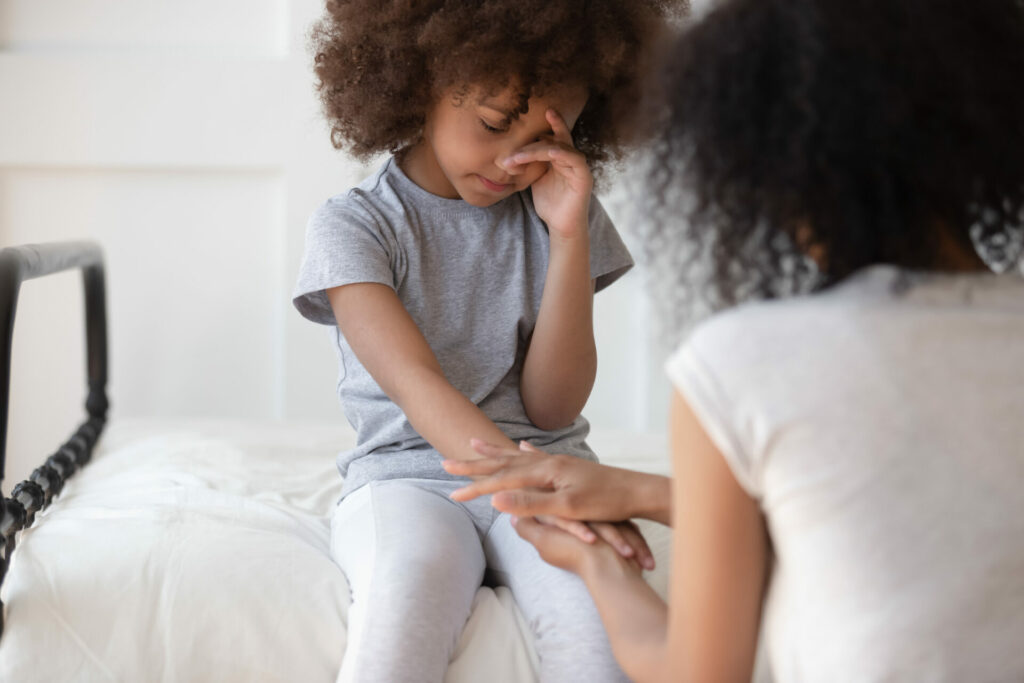
By parents becoming involved in friendships, children don’t learn important life skills themselves. Dealing with conflict isn’t pleasant, and feeling hurt by somebody you consider a best friend is dreadful, but sadly, that’s real life. It’s going to happen, probably more than once, and as a parent, your job isn’t to swoop in and handle the matter for them, but nurture resilience, listening and empathy.
And let’s face it, scraps between kids happen all the time. Whether it’s a bad tackle during football, an argument over who wants which Lego piece or who got the bigger slice of pizza, this bickering will grow with the children, evolving into who said something cruel on social media and why wasn’t so-and-so invited to that 16th birthday party. Getting involved as a parent – even though you’ve raised them brilliantly – just isn’t sustainable.
Mindful Questions
So, what’s the solution? Dr Sarah Bren, a licensed clinical psychologist and host of parenting podcast Securely Attached, suggests asking mindful questions if you observe something that concerns you. Start with ‘How did you feel when Emily said that to you earlier? Does she often get angry like that?’ or ‘Why are you feeling sad after hanging out with Sam?’
This way, you can problem-solve together. You’ve shared an observation and this can make way for your child to voice their perspective. They may have been worrying about this situation but are unsure how to express themselves, so opening up this conversation might be a welcome relief. ‘Validating their emotional experience without rushing in to fix it for them is an invaluable parenting tool at any age,’ says Dr Bren.
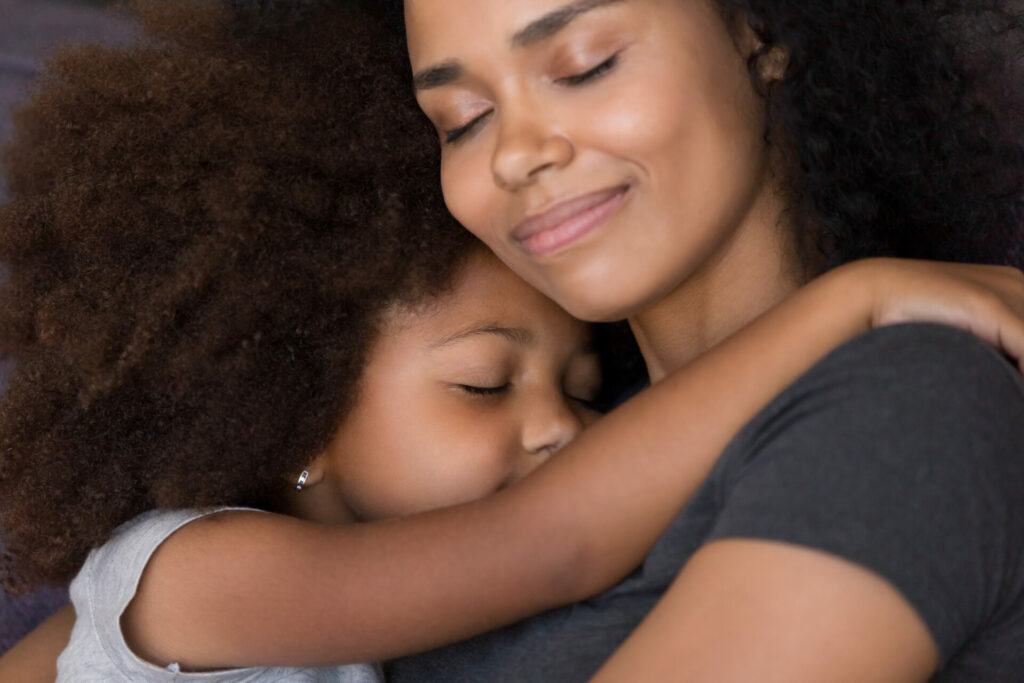
She recommends using gentle questions and phrases during your conversation, including: ‘I can see that this is challenging; how can you talk to them about how you feel?’ Or: ‘What could make things feel differently?’
Help them by sharing your own experiences with friends and advising them on ways to improve the relationship. Remember, you are resilient and independent. Give your child the tools to become a strong and independent person, too. They might not appreciate this now, but they’ll be forever grateful in the future.



